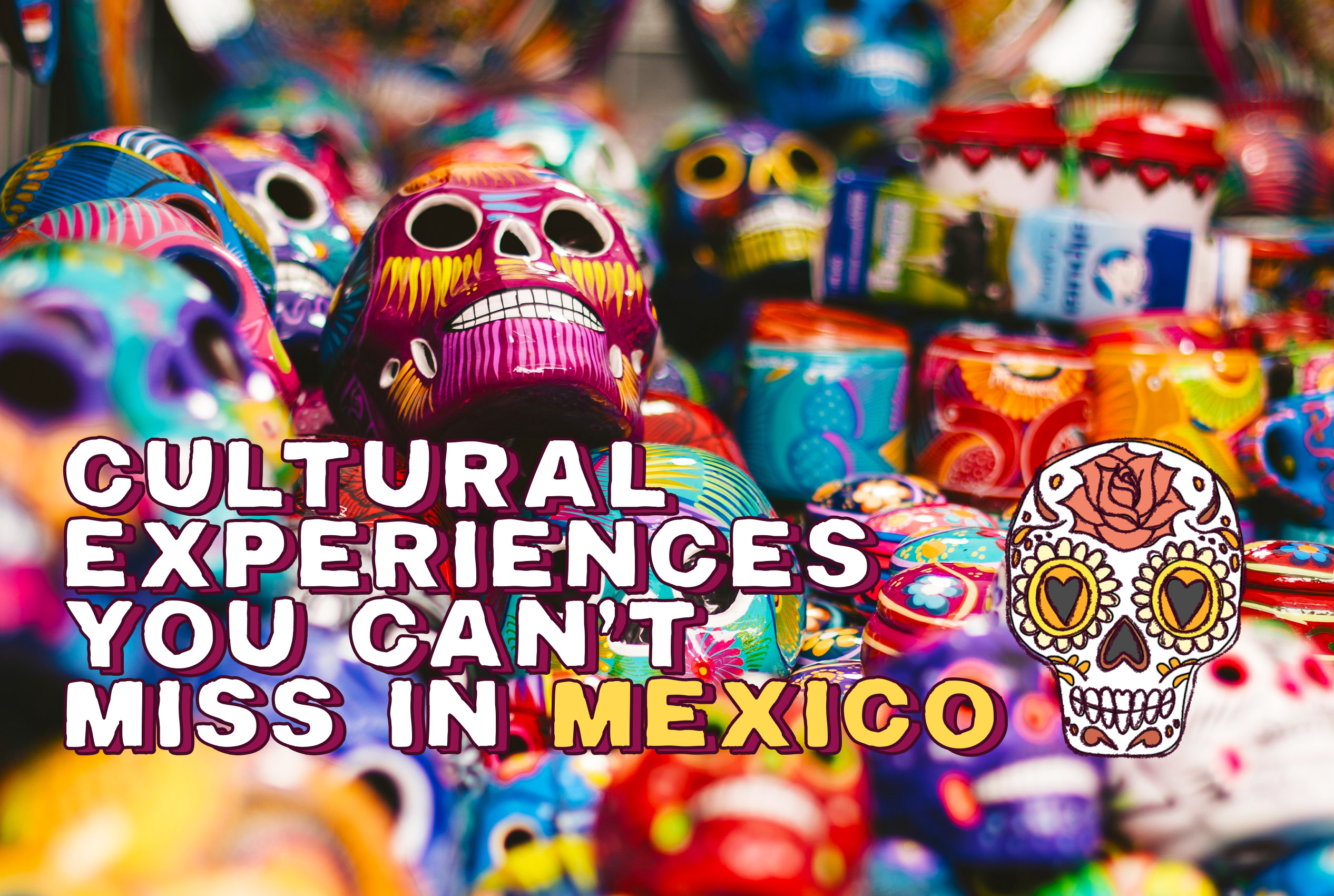In recent years, Mexico has witnessed an intriguing cultural phenomenon: the increasing presence of Hindu temples and practices. This growth reflects a broader cultural exchange and the global appeal of Hinduism’s spiritual and philosophical teachings. The integration of these traditions into Mexican society highlights the harmony of diversity and shared values between two geographically distant yet culturally rich nations.
What Is Hinduism, and Why Is It Gaining Popularity in Mexico?
Hinduism, one of the world’s oldest religions, encompasses a broad spectrum of philosophies, rituals, and spiritual practices. Its teachings emphasize universal values such as compassion, nonviolence, and the pursuit of knowledge. These principles resonate deeply with people seeking spiritual growth, including communities in Mexico.
In Mexico, the appeal of Hinduism stems from several factors:
- Globalization: The exchange of ideas and cultural practices through travel, media, and education.
- Yoga and Meditation: Popular practices that have roots in Hindu philosophy.
- A Shared Spiritual Ethos: Both Mexican and Hindu cultures value family, community, and spirituality.
The Establishment of Hindu Temples in Mexico
The rise of Hindu temples in Mexico is a tangible representation of Hinduism’s growing influence. These temples serve as spiritual hubs for worship, meditation, and community gatherings. Major cities like Mexico City, Guadalajara, and Monterrey have seen the establishment of Hindu temples, often supported by Indian expatriates and local devotees.
Key features of these temples include:
- Architectural Beauty: Temples often incorporate traditional Indian designs, showcasing intricate carvings and vibrant decorations.
- Cultural Activities: Temples organize events such as Diwali celebrations, spiritual discourses, and cultural workshops.
- Accessibility: Open to people of all faiths, these temples promote inclusivity and mutual understanding.
Popular Hindu Practices in Mexico
Several Hindu practices have found a welcoming audience in Mexico. These include:
- Yoga: The ancient discipline of physical, mental, and spiritual well-being has gained immense popularity. Yoga studios and workshops are widespread across the country.
- Ayurveda: Traditional Indian medicine is becoming a sought-after alternative for holistic health.
- Meditation and Chanting: Techniques like mantra meditation resonate with Mexicans seeking inner peace.
The Role of the Indian Diaspora in Spreading Hindu Culture
The Indian community in Mexico has played a pivotal role in introducing and nurturing Hindu practices. Through community events, educational initiatives, and collaborations with local organizations, the diaspora has fostered cultural exchange. Indian festivals like Holi and Diwali are celebrated with increasing enthusiasm, attracting both Indian and Mexican participants.
Key contributions by the Indian diaspora include:
- Establishing cultural centers and temples.
- Organizing yoga and wellness retreats.
- Promoting Indian classical music and dance.
Exploring Hindu Temples and Cultural Centers in Mexico
Mexico boasts several Hindu temples and cultural centers that have become focal points for devotees and cultural enthusiasts. Some notable locations include:
- Hare Krishna Temples: Found in cities like Guadalajara and Mexico City, these temples offer spiritual teachings and community services.
- ISKCON Centers: Promoting Krishna consciousness, these centers provide insights into Hindu philosophy.
- Private Temples: Supported by the Indian community, these temples often blend traditional practices with local cultural elements.
The Interplay of Mexican and Hindu Traditions
Interestingly, Hindu and Mexican traditions share similarities that foster a deeper connection:
- Festivals: Both cultures celebrate vibrant festivals rooted in spirituality and communal joy.
- Art and Architecture: The intricate designs in Hindu temples mirror the detailed artistry seen in Mexican cathedrals and monuments.
- Spiritual Practices: Meditation in Hinduism and prayer in Mexican traditions both emphasize personal and collective well-being.
Traveling to India for an Authentic Hindu Experience
While Hinduism has established a presence in Mexico, traveling to India offers an unparalleled opportunity to explore its roots. Indian travel agencies now provide tailored experiences for international travelers. For example, the Mejor agencia de viajes en India can help Mexican travelers discover India’s spiritual and cultural richness.
Exploring the Northern Regions of India
India’s northern regions are a treasure trove of spiritual and cultural heritage. Travelers can explore cities like Varanasi, the spiritual capital, or Rishikesh, known as the “Yoga Capital of the World.” For those seeking guided experiences, Paquetes turísticos del norte de India offer comprehensive itineraries that cover historic temples, majestic palaces, and serene landscapes.
The Future of Hindu Practices in Mexico
As Hindu practices continue to gain traction in Mexico, their impact on cultural exchange and spiritual enrichment is profound. Future developments may include:
- More temples and cultural centers across Mexico.
- Increased collaboration between Indian and Mexican communities.
- Integration of Hindu principles in wellness and education programs.
How to Respect and Embrace Hindu Culture
For those new to Hindu practices, embracing this rich culture requires sensitivity and respect. Here are some tips:
- Learn the Basics: Understand key concepts like karma, dharma, and moksha.
- Participate in Events: Attend temple ceremonies and festivals to gain firsthand experience.
- Ask Questions: Engage with practitioners to deepen your understanding.
Conclusion
The growing presence of Hindu temples and practices in Mexico reflects a meaningful cultural exchange between two vibrant nations. This phenomenon underscores the universal appeal of Hinduism’s spiritual teachings and its relevance in today’s interconnected world. As more Mexicans embrace these traditions, the bonds between Mexico and India will continue to strengthen, enriching both cultures in profound ways.

